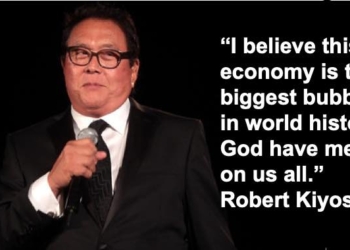
On the Ethereum Blockchain, gas is a unit of work that measures the computational expenses that an Ethereum operation will accrue. Usually, gas costs are denoted in a little amount of ether, often regarded as gwei.
This article will provide useful information about the concept of Ethereum Gas and why it is important.
Understanding the concept of Ethereum Gas
The concept of gas was introduced to assure a prepaid reward for the miners that implement code and ensure the security of the network. It also ensures a practical distinction between the actual cryptocurrency valuation and the computational expenses associated with using the Ethereum Virtual Machine (EVM).
It must be stressed that Gas is not a sub-currency, but a unit of work – it can't be held or hoarded. It simply sheds light on the amount of effort – in computational terms – every step of a transaction will be. To be capable of paying for gas expenses, you must add ether to your account. It doesn't have to be acquired separately. Every possible operation on the EVM has a related gas cost. Also, It must be noted that the total fee that is accrued by a transaction is the combination of the gas price paid and the total gas used.
It is also important to stress that as the cryptocurrency market expands, trading is only efficient with the right app. Click here to know more.
What is the importance of Gas?
Gas costs make it possible to properly price the computation time on the network. On Bitcoin, however, this works differently as the transaction size determines the fee. Also, owing to the fact that solidity code can be randomly complex, a short snippet of information could create so much computational work, while a long snippet could create less. As a result, the fees in the EVM depend on the amount of work done, and not the transaction size.
Why Gas is not priced in Ether
It is not a strange fact that ether has grown in popularity and is traded publicly on several cryptocurrency exchanges. As a result, it is prone to speculative periods of deflation and inflation. Adopting the gas unit for computational work becomes effective since it acts as a layer that separates the volatile price of the ether token from the price of computation.
How does Ethereum gas relate to scaling the system?
Sending a difficult set of instructions to the EVM will waste your ether and stop running once the allocated ether – to the transaction – is exhausted. This does not affect anyone else's transactions. Scaling is managed practically through the gas fee system. Miners can choose transactions that reward the highest fee rates and also select the block gas limit.
This ensures that there is flexibility in the price of computation on the EVM and it remains responsive to users' demands, besides the costs acquired by the miners who are charged with maintaining hardware, processing transactions, and more.
Conclusion
Gas, on the Ethereum blockchain platform, is required to successfully execute a contract or carry out a transaction. The price of gas can be set by miners based on the demand and supply for the required computational power of the network to process transactions.









